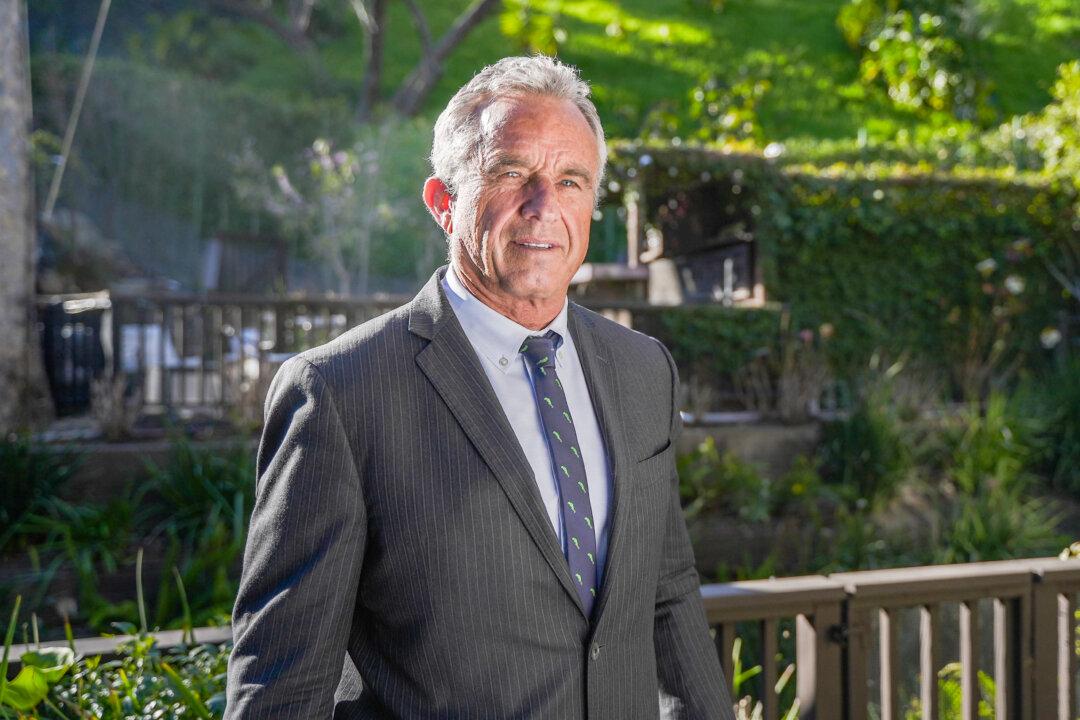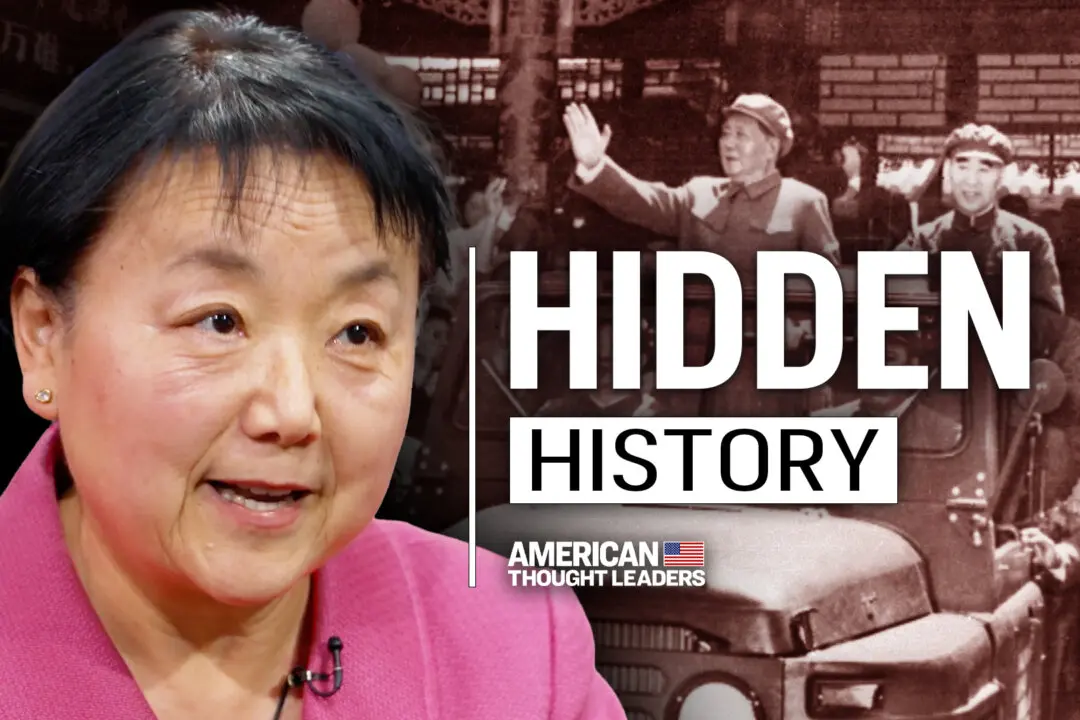“You have scientists who are supposed to be regulators, who are making money on the product they’re supposed to be regulating," says Robert F. Kennedy Jr., the founder and chief legal counsel of Children’s Health Defense and the author of “The Real Anthony Fauci.”
In a recent two-part episode of “American Thought Leaders,” host Jan Jekielek sat down with Kennedy to discuss subjects ranging from his fierce criticism of the vaccine approval process to the weaponization of some government agencies against the American people.






